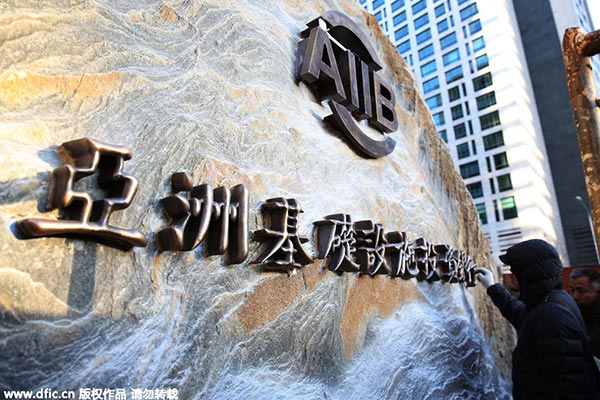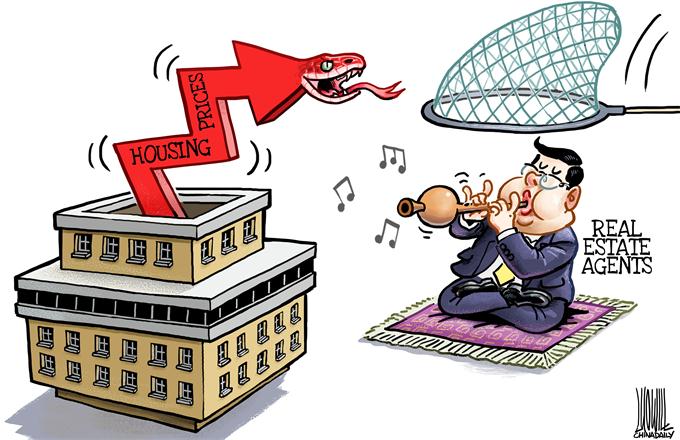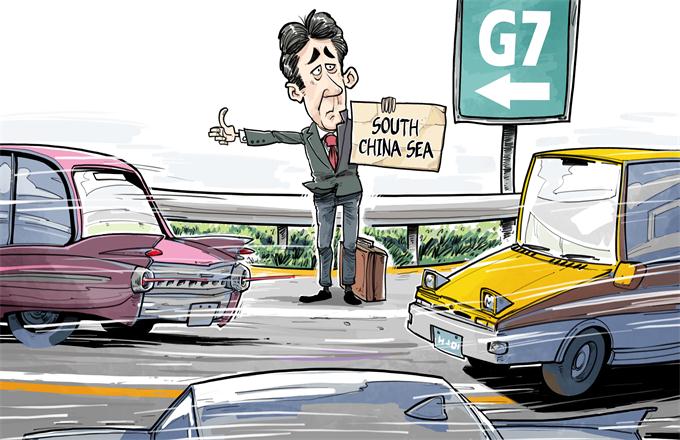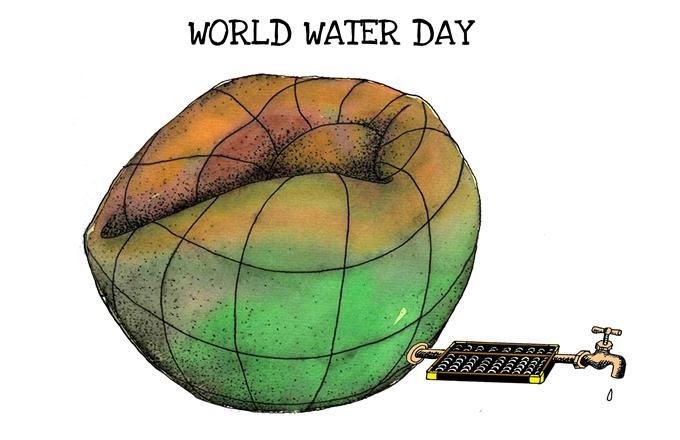AIIB marches ahead on development path
 |
|
The possibility of a policy U-turn by Washington to embrace the China-led Asian Infrastructure Investment Bank following Donald Trump's win in the US presidential election is to be welcomed, since it would be in the interests of the United States and Asia at large. |
The Asian Infrastructure Investment Bank approved 13 new members on Thursday. It now has 70 members, more than the number of members of the European Bank for Reconstruction and Development or Asian Development Bank.
The AIIB has become the world's second-largest multilateral development agency, with members from different continents. And its fast development in the past year shows the international community's confidence in China, which broke through the barriers created by the United States to attract some developed countries, including the United Kingdom, Germany and France, as founding members.
That the latest members of the AIIB include more developed countries, such as Canada and Belgium, indicates the international community is also optimistic about China's global development plan.
In the first year of its operation, the AIIB gave $1.73 billion as loans for nine infrastructure construction projects in fields such as energy and transport in seven developing countries in Asia. The AIIB's steady and impressive performance has further consolidated its position as a development bank, and the expansion of its membership should encourage more developing countries to approach it for support to improve their infrastructure and business environment.
The fact that 13 more members have joined the AIIB is, in more ways than one, a stamp of approval of its professionalism. The bank's expansion also sends a message to the United States that it was not established to help change the current international financial system, but to supplement its functions, and the Donald Trump administration should consider joining it.
A key reason why China took the lead in establishing the AIIB is that the current international financial system cannot fully meet the requirements of China and other emerging market economies for further economic development.
Besides, some economists in the US, including former Federal Reserve chief Ben Bernanke, and some Western media outlets, such as the Financial Times, believe it is the US that forced the birth of the AIIB.
The US-led international financial system is unfair, but it is not in China's interest to change the system. More important, any drastic change in the system will create uncertainties and risks, which no economy wants.
China believes in reform, and it is optimistic about making the international financial system more efficient by supplementing the roles of the International Monetary Fund, the World Bank and the Asian Development Bank.
China has no intention of challenging the current US-dominated global economic and political systems. And its Belt and Road Initiative (the Silk Road Economic Belt and 21st Century Maritime Silk Road) is by no means comparable to the US' Marshall Plan, which, to some extent, partly led to the Cold War.
Although China is promoting a series of bilateral and regional free trade agreements, its objective is not pre-World War II Britain's "imperial preference", or to create a world market parallel to that led by the US.
China knows full well that only a multilateral trade system can meet its demand for an expanding global market. And that's why it has an open mind on many West-dominated international trade arrangements. And AIIB will take an inclusive approach for a better international financial system.
The author is a researcher in international trade and economics with the Ministry of Commerce.



















